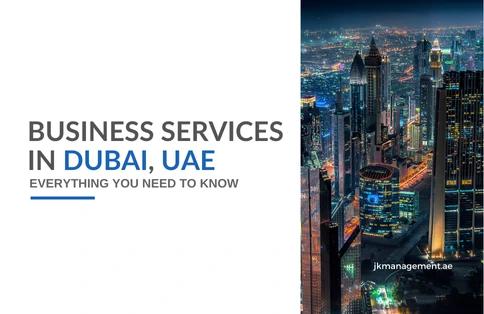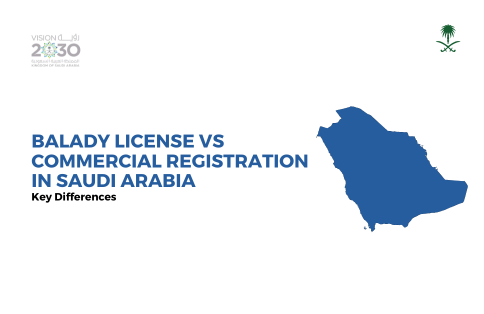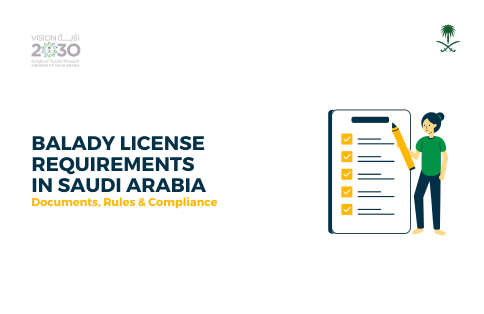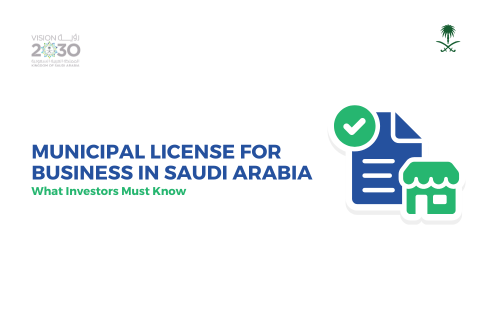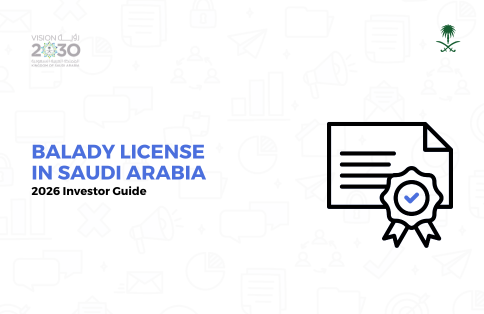Saudi Arabia’s Saudization policy also known as the Saudi Nationalization Scheme or Nitaqat is a government initiative launched in 2011 by the Ministry of Labor and Social Development. Its central goal is to boost employment of Saudi nationals in the private sector by setting mandatory hiring quotas. Companies are classified into tiers Platinum, High Green, Mid Green, Low Green, Yellow, and Red based on their compliance with Saudization targets
How Saudization Works (Nitaqat Framework)
Private-sector businesses with over nine employees must maintain a minimum percentage of Saudi staff, which varies by industry and company size.
For firms with fewer than 10 employees, at least one Saudi employee is required.
- Certain roles like customer service, HR, sales, and managerial positions are reserved for Saudi nationals, and Saudis with disabilities may count toward quotas at a higher weight.
Latest Statistics & Scope
As of June 2025, 2.34 million Saudis are employed in the private sector a significant increase that reflects ongoing policy gains.
- In 2024, the industrial sector saw a Saudization rate of 36% among 1.09 million licensed workers in industrial cities.
Vision 2030 Alignment
Saudization is at the core of Vision 2030, Saudi Arabia’s plan to diversify its economy beyond oil. By empowering local talent, it supports sectors ranging from finance and healthcare to giga‑project engineering and AI innovation.
Key Benefits
Lower Unemployment: Encourages private-sector hiring of Saudis, contributing to reduced national unemployment rates from about 9.7% in 2022 down to roughly 8.3%.
- Skill Development: Companies are investing in training and upskilling programs to make local talent competitive in evolving industries.
- Economic Retention: By reducing reliance on foreign labor, more income stays within the economy boosting consumption, innovation, and growth.
Challenges Faced
Financial Pressure on SMEs: Smaller firms must bear higher salary expectations and invest in training, sometimes pushing them out of compliance.
- Compliance Complexity: Keeping up with changing quotas, reserved job roles, and proper records is demanding and resource-intensive.
- Cultural & Operational Friction: Adapting internal HR practices to match Saudi norms and regulations can delay hiring and onboarding processes.
What’s Changing in 2025
- Dentistry firms (3+ workers): Must reach 45% Saudization by July 27, 2025, rising to 55% by January 27, 2026.
Engineering companies (5+ engineers): Require 30% Saudization from July 27, 2025.
Accounting firms (5+ accountants): Must meet 40% Saudization by October 27, 2025, rising to 70% by 2028.
- Healthcare professions: Radiology at 65%, physiotherapy and clinical nutrition at 80%, and labs at 70% as of April 17, 2025.
Who Should Care?
- Saudi jobseekers & graduates: A growing pool of private-sector opportunities aligned with Vision 2030.
Local employers: It’s essential to stay compliant to avoid penalties and maintain eligibility for government contracts.
- Foreign businesses & expats: Need to adjust workforce strategy many roles are now reserved or prioritized for Saudis, affecting recruitment and retention








